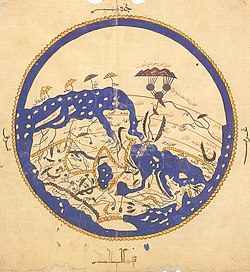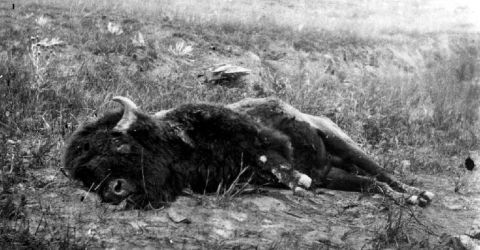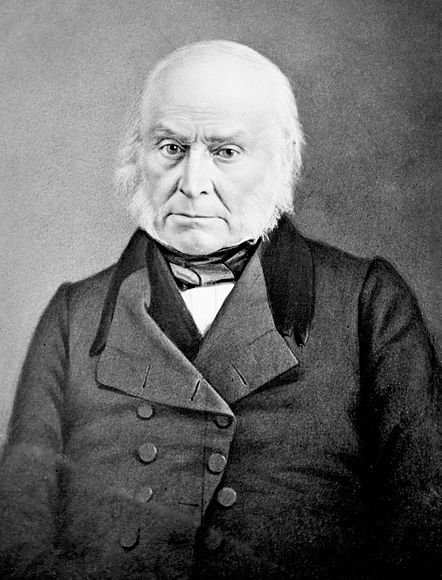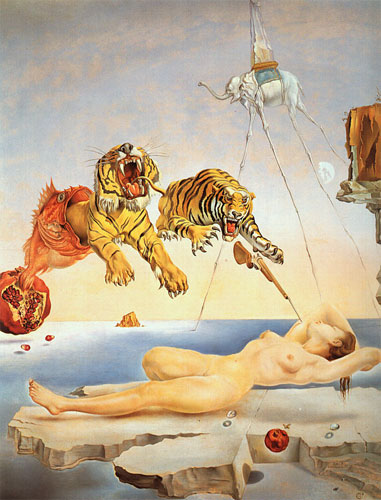
First of all, History is a fact. Something either happened, or it didn't. If someone writes about something that happened, and then someone else writes that it didn't happen, one of the two is wrong.
A good example of this is the common misconception that Columbus discovered the New World, and proved the world was round. Some history books as recently as the 1990s still repeat this.* Columbus did neither of those things. But to say that he didn't could qualify as "revisionist history" to some oddly ignorant and tradition-minded people. Again, something either happens or it doesn't. No revision is necessary because it was a lie, and not actually History.

Unfortunately, even when all parties agree that an event occurred, there are different ways of interpreting the How and Why of the occurrence. This is where revisionist history comes into play.
I feel that the term is misleading because a Revisionist Historian (such as Howard Zinn) doesn't usually revise any history; rather, he simply adds facts to the story, which leads to broader insight into a historical figure's life or the background of an event. In keeping with the Columbus story, we always knew that in 1492 he sailed the ocean blue from Spain with three ships. With additional information, we now know that not only was he a brave and intrepid explorer, but he was also a greedy man, with little regard for the Arawaks whom he decimated (sailors were encouraged to "take women," and seemed to prefer the 9 and 10 yr olds). This information doesn't negate the fact that he was an explorer, but it serves to remind us that he was far from perfect.

Some Revisionist Historians (just a few) get overzealous, such as when they claim that Thomas Jefferson raped black women. There is no evidence of this; hence, it cannot be considered "fact." What they fail to mention is that Jefferson's nephew could have been the one doing it (they would have shared DNA), or that the sex was consensual, as the prevailing theory says.
Some people were unhappy when the whole Jefferson/Hemings issue came to light, as they felt it tarnished Jefferson's reputation. Why? Would it make him less of a great mind? His wife had died years before - why couldn't he have a lady friend? This new information would merely help to more fully realize Jefferson's character, and view a more complete picture.

Abraham Lincoln, when debating Douglas, stated he had no intention of bringing about the equality of whites and blacks. Does this make the Emancipation of 1863 less of a step in the right direction?
There are some (Journal of the West, 2001) who believe that the Amerindians would have eventually killed off the bison anyway, particularly after the introduction of the horse. Does this make the deliberate slaughter of the animals in the 19th century by whites any better?

Sometimes there are facts that are unpleasant, or that we don't like to hear. We don't like to think that Helen Keller was a staunch socialist, or that highly educated Woodrow Wilson was racist. That doesn't mean that the facts should be omitted. Doing so results in a 1984 version of history, which can no longer be called history.
The proper term would then be "propaganda."






































